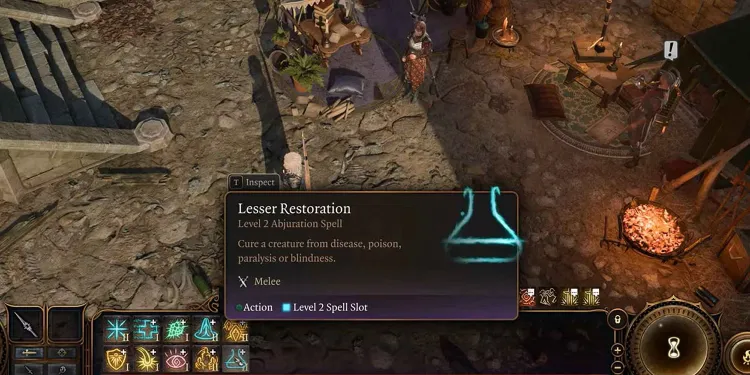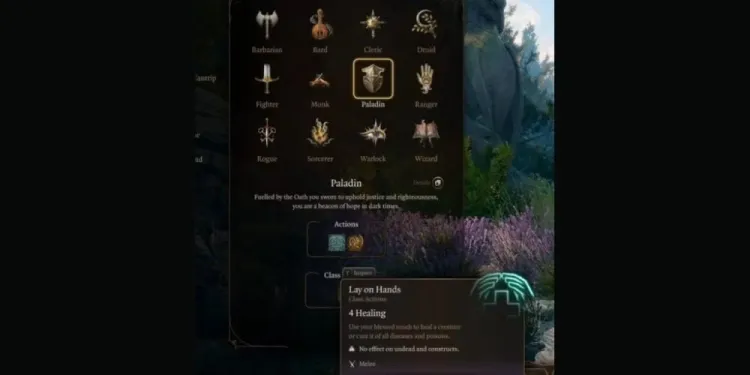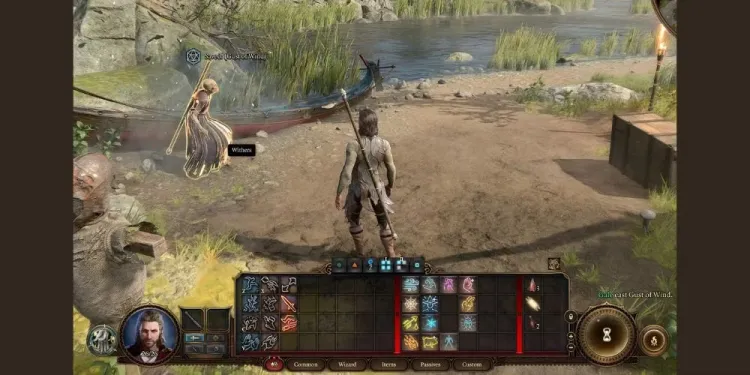
Baldur's Gate 3: Dealing with Poison and Finding Cures
Baldur's Gate 3, an isometric RPG rooted in the beloved TTRPG Dungeons and Dragons, introduces players to a world rife with traps to evade and status effects that can hinder their exploration. Among these afflictions, poison and its debilitating consequences are quite common. Characters may fall victim to poisoning through various means, such as weapon coatings or environmental poison clouds.
Poison can be a vexing ailment to contend with, especially since certain story moments necessitate a means to cure it. Fortunately, Baldur's Gate 3 offers several methods to remedy poison and clever strategies to handle environmental toxins.
1. Antidote

An accessible solution, the antidote is a commonly found item in the game, obtainable through purchase from potion-specializing merchants or even regular vendors. Thrifty players may also discover free antidotes by looting enemies and their supplies. This versatile antidote can effectively treat various types of poison, including the Duergar-poison, which afflicts Thulla, the Deep Gnome in The Underdark. Crafty players can concoct the antidote by combining Salts of Mugwort with any suspension.
2. Antitoxin

For those who find themselves in the Underdark without an antidote and encounter the suffering Thulla, there's hope. A successful check will reveal that the antitoxin can be obtained from the Duergar responsible for poisoning her, a certain Gekh Coal. Depending on prior encounters in the Underdark, players may have already crossed paths with Gekh. Choosing a friendly approach enables players to purchase the antidote, while the aggressive route allows looting Gekh's body for the needed antitoxin.
3. Lesser Restoration/Greater Restoration

These spells prove incredibly valuable but are context-dependent. While they don't offer standard healing, they can eliminate specific status effects and curses. Lesser Restoration suffices for ridding oneself of troublesome poisoning, but Greater Restoration serves as a backup if the former is unavailable. Shadowheart, a character capable of casting both spells, offers flexibility, as prepared spells can be adjusted outside combat, making it an invaluable tool for curing poison and other afflictions.
4. Lay On Hands

A paladin ability adapted for Baldur's Gate 3, Lay On Hands retains its unique feature from Dungeons and Dragons—simultaneously healing and curing poison. This dual-purpose ability comes in handy, especially when dealing with the brutality of poison attacks. It efficiently addresses both health restoration and poison removal, offering a multifaceted solution.
5. Gust of Wind

While not a direct poison cure, the level 2 evocation spell Gust of Wind provides utility in preemptively avoiding poisonous clouds. Whether from environmental effects, spells, or items, poison clouds can pose a challenge to a party. This spell, accessible to most spellcasters, excels at dispersing these troublesome clouds, preventing potential poison exposure and safeguarding the party.
6. Fire

Baldur's Gate 3 provides ample opportunities to ignite the world, and fire can be a resourceful way to escape tight spots. When confronted with a poison cloud and limited escape options, consider setting the cloud ablaze. Poison in the game is highly flammable, and exploiting this aspect can help players navigate hazardous terrain.
In the treacherous world of Baldur's Gate 3, mastering the art of poison management is crucial. By leveraging antidotes, spells, Lay On Hands, Gust of Wind and the flammability of poison, players can overcome this persistent threat and continue their epic journey.
Коментарі